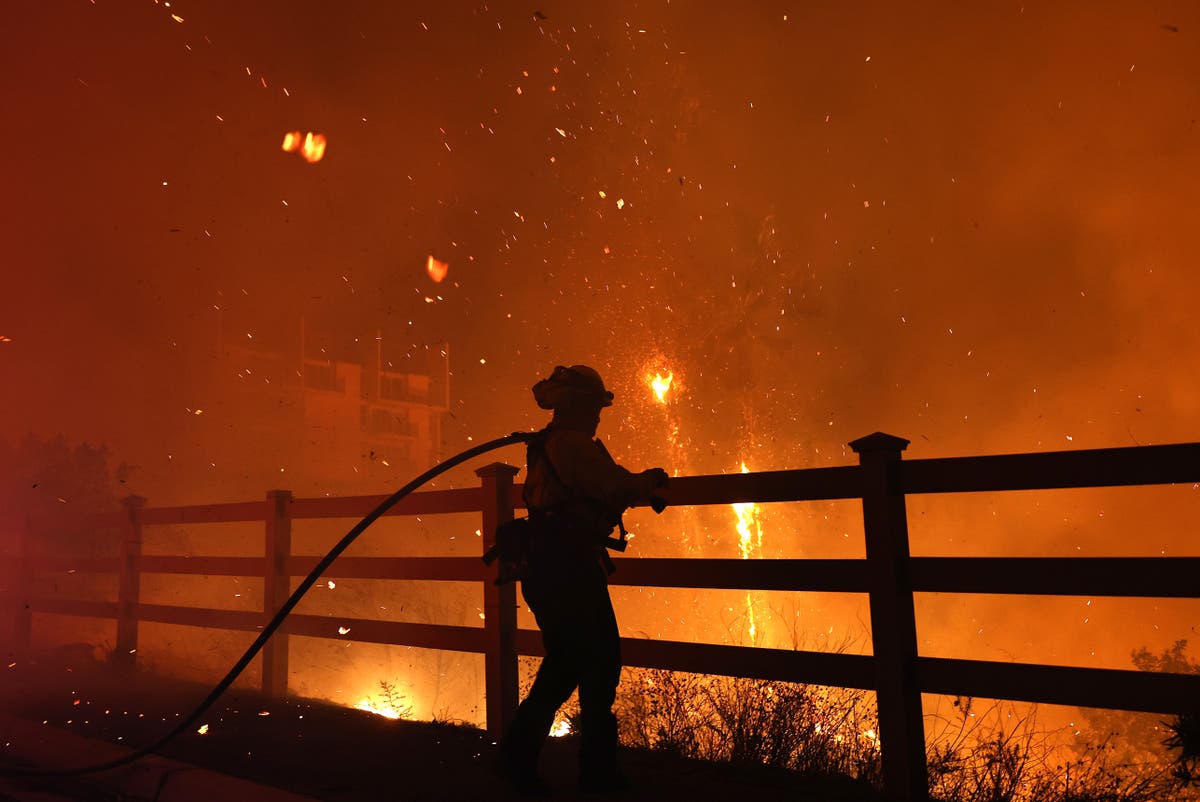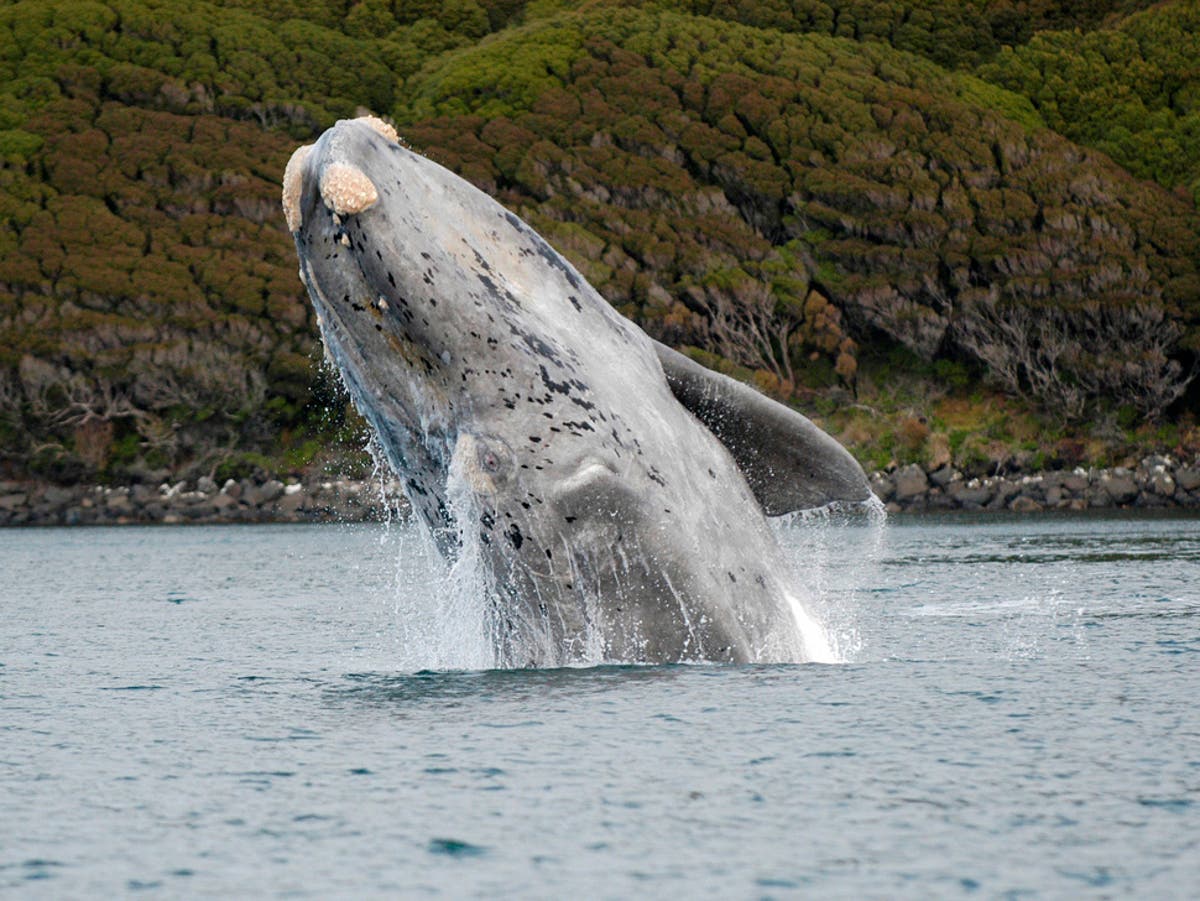A bird flu outbreak has been confirmed in commercial poultry at a farm in East Riding of Yorkshire.
The virus, also known as highly pathogenic avian influenza (HPAI), was discovered near Hornsea, the Department for Environment, Food and Rural Affairs (Defra) wrote on Tuesday.
A 3km (1.86 miles) protection zone and 10km (6.21 miles) surveillance zone has been put in place around the site, which was not named by officials.
All poultry at the premises will be humanely culled, Defra said.
The outbreak is the second to occur in England in 2024 – the first taking place in February – and means that Great Britain is no longer free from HPAI. There have been six recorded cases in Northern Ireland.
Bird keepers have been urged to remain vigilant and protect their stock.
Dozens of similar outbreaks have occurred previously in the UK, with identical control measures put in place.
However, those incidents involved a slightly different strain of the virus – H5N1 – while in the Hornsea outbreak, the H5N5 strain was found to be present.
The virus – which affects poultry and wild birds – has been around for a century, usually flaring up in autumn and fading away in spring and summer.
It spreads through birds’ droppings and saliva, or through contaminated feed and water.


